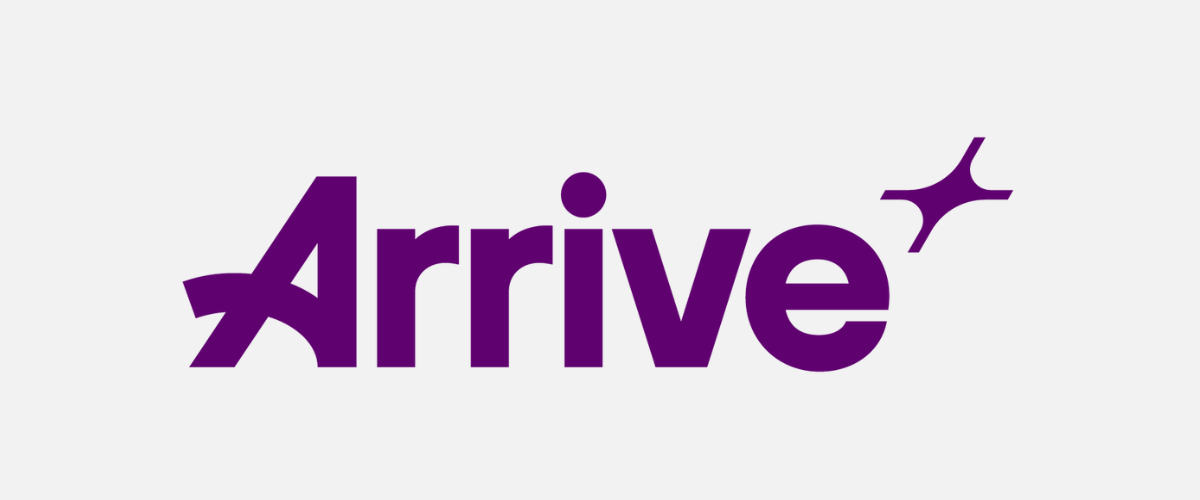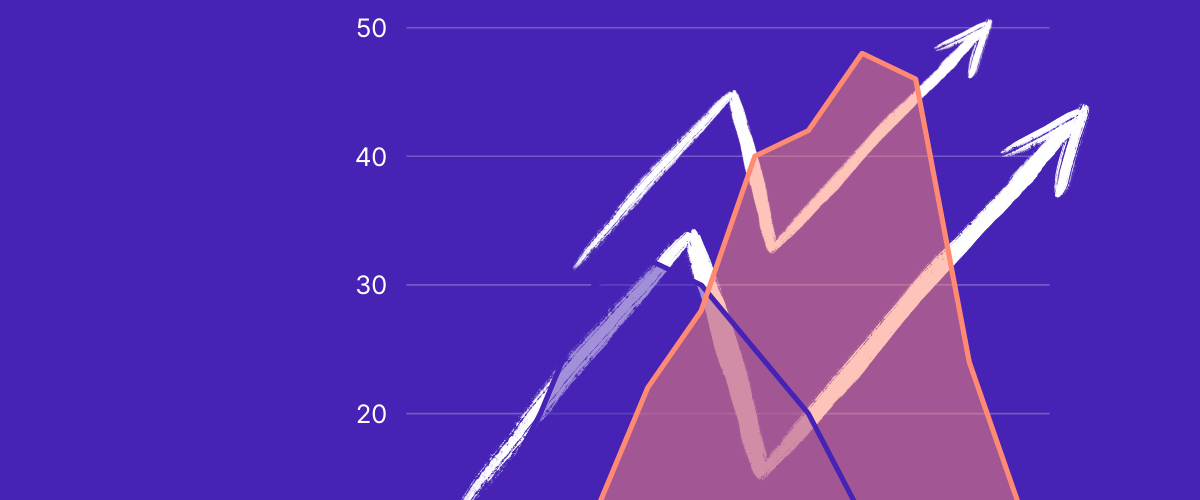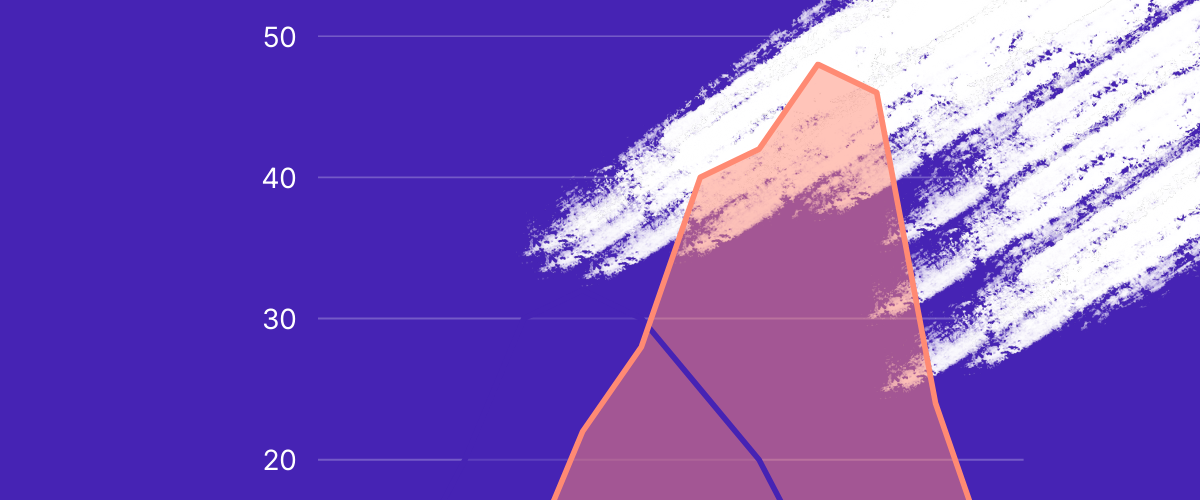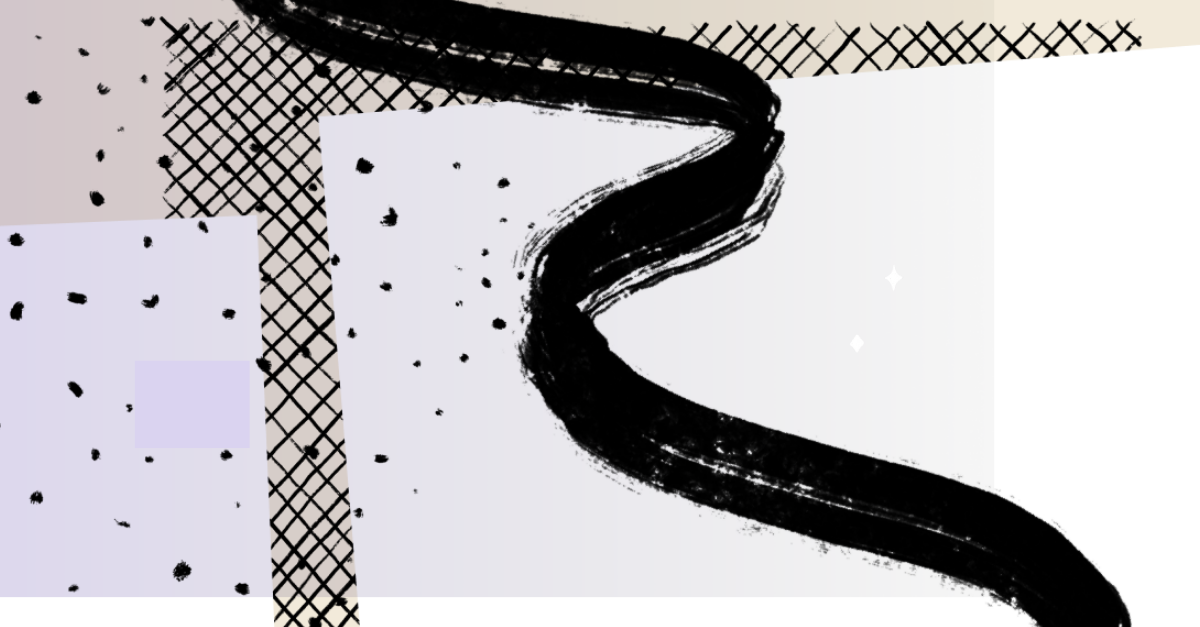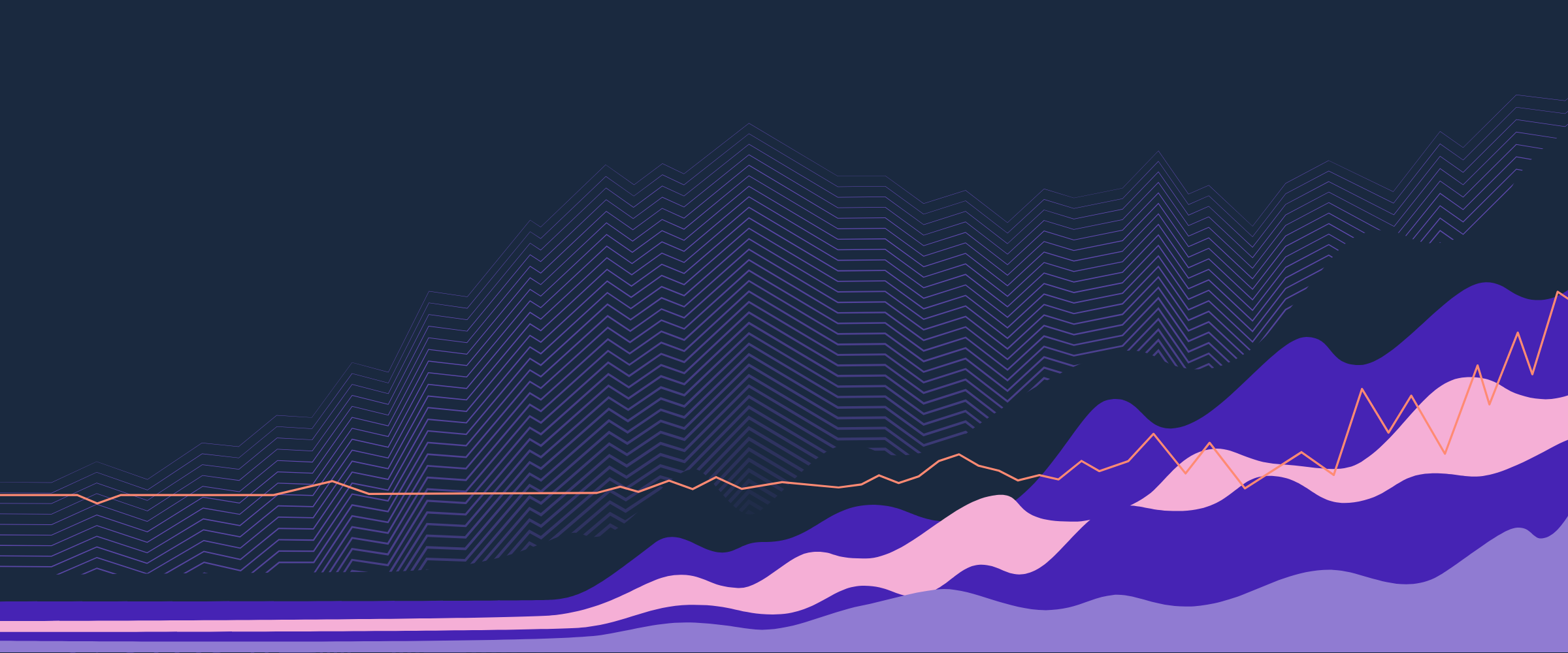
Everything is an IT matter. Including how your company gets paid.
Invoicing and payments are not always seen as a concern for the CIO or Head of IT. But like most things, they tend to end up on your desk sooner or later. And if you ask us at Billogram, the sooner the better. Because when IT is involved from the start in evaluating and defining requirements for new payment solutions, it benefits everything from international scalability to customer service response times. In this article, we explain why and how to get it right.
Read more